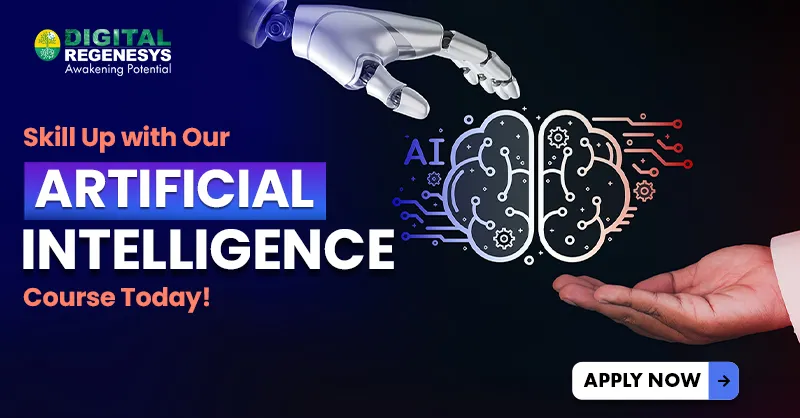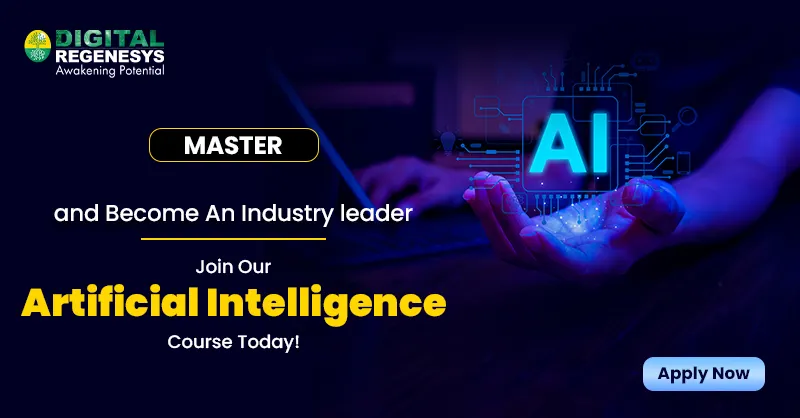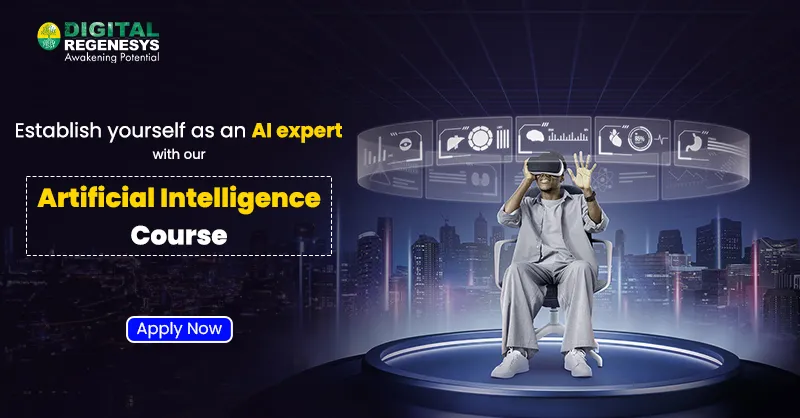AI in Education – Applications and Benefits

Imagine a classroom where every student receives personalised lessons, gets instant feedback, and can explore learning at their own pace. That’s the promise of AI in education.
From virtual tutors helping students after school to adaptive platforms that adjust to each learner’s needs, technology is making learning more engaging, accessible, and effective than ever before.
In this article, we explore the applications and benefits of AI in education, and how it is reshaping the way students learn, teachers teach, and institutions manage educational processes.
You’ll discover practical uses, real advantages, and future trends that are transforming classrooms worldwide.
Key Applications of AI in Education
AI is being integrated into educational systems to improve both learning and administrative processes. Adaptive learning platforms, AI-driven assessments, and virtual tutors are enabling personalised experiences tailored to each student’s needs.
Teachers can automate routine tasks, allowing more time for instruction and mentoring. AI also supports interactive content, gamification, and predictive analytics to identify students who may need extra help, ensuring learning is both effective and engaging.
These applications are transforming traditional education, making learning more efficient and personalised.
Key Applications:
- Adaptive learning platforms adjust content to student needs.
- AI-powered grading and assessment tools save teacher time.
- Virtual tutors provide 24/7 assistance.
- Content recommendation engines personalise study plans.
- Administrative automation streamlines school operations.

Benefits of AI in Education
The benefits of AI in education extend beyond convenience. Students gain personalised learning experiences tailored to their strengths and weaknesses, improving engagement and retention. Teachers experience reduced administrative workloads, enabling them to focus on instruction and student mentoring.
Institutions can make data-driven decisions using insights from AI analytics, optimising resources and curriculum design. Additionally, AI improves accessibility for students with disabilities or different learning styles, promoting equity and inclusion in education.
Understanding these benefits shows why AI is becoming essential in modern education.
Key Benefits:
- Personalised learning for individual student needs.
- Improved teacher efficiency and focus on instruction.
- Enhanced engagement through interactive tools.
- Better accessibility for students with different learning styles.
- Data-driven insights for informed decision-making.
Understand the basics of AI & Machine Learning for Cloud Professionals.
Challenges and Considerations
Despite its benefits, AI adoption in education comes with challenges. Protecting student data and ensuring privacy is critical, especially with cloud-based AI platforms. Digital inequality can leave some students behind, resulting in unequal access to AI tools.
Teachers require proper training to integrate AI effectively, and institutions must manage the costs associated with software, devices, and infrastructure. Over-reliance on AI could also reduce human interaction, which remains essential for holistic learning. Awareness and careful planning are key to addressing these challenges.
Overcoming these challenges is key to successful AI adoption in education.
Key Challenges:
- Ensuring student data privacy and security.
- Avoiding technology gaps among students.
- Training teachers to use AI effectively.
- High costs of AI software and infrastructure.
- Balancing AI use without replacing human interaction.

Future Trends in AI-Driven Education
The future of AI in education is exciting, with trends that promise to personalise further and enhance learning. Predictive analytics can anticipate student performance and offer timely interventions. AI-driven gamification makes learning more interactive and motivating.
Immersive technologies like AR and VR create realistic simulations for hands-on learning. Intelligent tutoring systems continuously adapt to student needs, supporting lifelong learning. These trends indicate that AI will not only supplement teaching but also create entirely new ways to learn.
These trends highlight where AI is taking education next.
Key Future Trends:
- Predictive analytics to foresee student needs.
- AI-driven gamification for interactive learning.
- Virtual reality and augmented reality experiences.
- Intelligent tutoring systems providing adaptive guidance.
- AI integration in lifelong learning platforms.
Discover information on – Which are the Best LLMs for 2026?
Sectoral Impact
AI is making its presence felt at every level of education. In primary and secondary schools, adaptive learning platforms personalise lessons to suit each student. Higher education institutions leverage AI for research assistance, virtual labs, and student analytics.
Vocational training uses simulations and AI-guided exercises to build skills efficiently. E-learning platforms deploy virtual tutors and personalised content, while teachers benefit from AI-driven administrative automation, freeing time to focus on instruction and mentorship. Overall, AI ensures a more efficient and impactful learning environment.
AI is reshaping every level of education, from schools to universities and professional courses.
Key Sectoral Impact:
- Primary & secondary schools: personalised learning paths.
- Higher education: research assistance and AI-driven labs.
- Vocational training: skill simulations and adaptive exercises.
- E-learning platforms: content recommendations and virtual tutors.
- Teacher support: administrative and assessment automation.
Explore details on – Why Applied Programming for AI is the Foundation of Modern Machine Learning.

Conclusion
AI in education is no longer a concept for the future; it’s actively transforming learning, teaching, and administration. By personalising learning experiences, improving engagement, and streamlining operations, AI benefits students, educators, and institutions alike.
While challenges exist, the potential for more inclusive, efficient, and practical education is immense.
For learners and professionals interested in understanding AI’s role in education and beyond, Digital Regenesys offers an Artificial Intelligence Certificate Course. This program equips participants with the skills to apply AI tools confidently, from personalised learning systems to intelligent automation, preparing them for a future driven by innovation and smart technology.
Visit Digital Regenesys to explore how AI can enhance educational outcomes and professional skills.
Last Updated: 18 November 2025